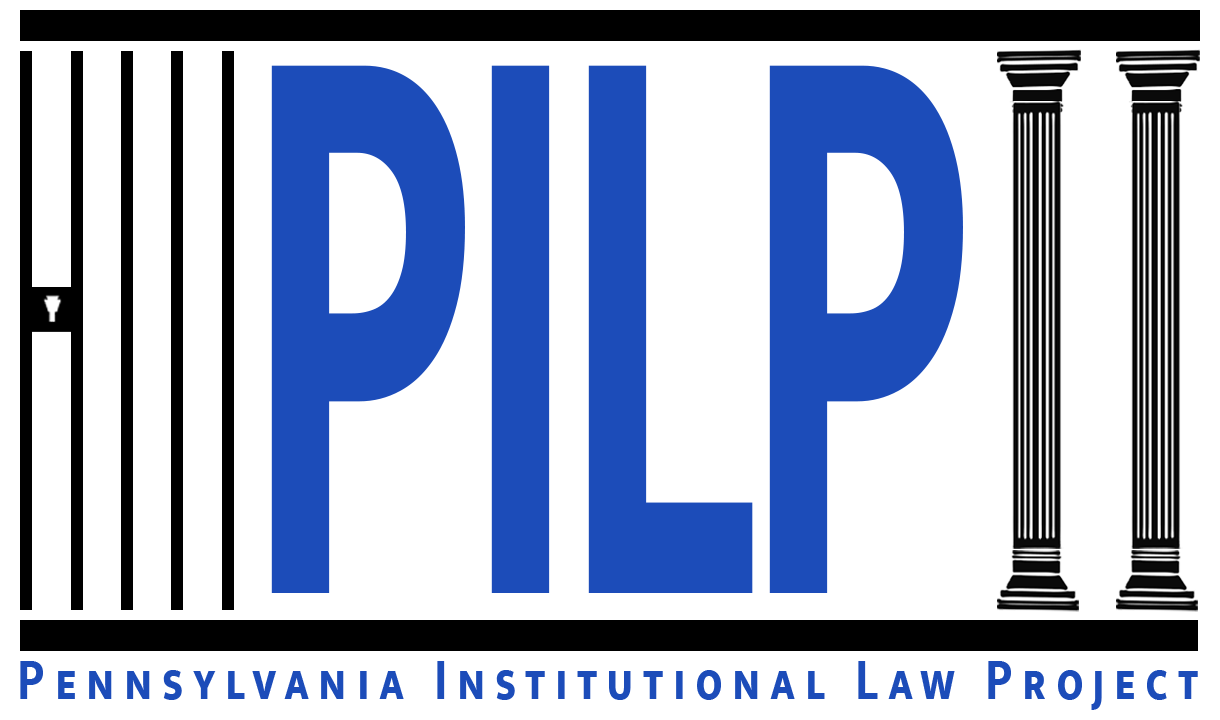PILP Secures Policy Change to Improve Religious Meal Accommodations for Incarcerated People in Pennsylvania
 The Pennsylvania Institutional Law Project (PILP) announced today that a recent important victory and agreement with the Pennsylvania Department of Corrections (DOC) will significantly improve religious meal accommodations for incarcerated Muslims at a Pennsylvania state prison, in time for Eid-al-Fitr at the end of this month.
The Pennsylvania Institutional Law Project (PILP) announced today that a recent important victory and agreement with the Pennsylvania Department of Corrections (DOC) will significantly improve religious meal accommodations for incarcerated Muslims at a Pennsylvania state prison, in time for Eid-al-Fitr at the end of this month.
Incarcerated people of multiple religions across the state will also be able to meaningfully observe their religion by having access to essential religious meal accommodations for future religious holidays as a result of the decision and subsequent agreement reached in the case.
“It makes me feel relieved, joyful, and stronger in my faith to know that a lawsuit that was filed on behalf of one religious community had a powerful effect on all the religious communities throughout the DOC,” said Craig Williams, plaintiff in the case. “I’m happy to know that now everyone has a chance to practice their religion the way they believe it should be practiced.”
This settlement stems from the lawsuit Williams v. Harry, filed by a Muslim man at SCI Albion who challenged the DOC’s abrupt policy change in 2023 that stripped away longstanding religious meal accommodations for Muslim, Jewish, and Native American individuals.
For over twenty years, the DOC allowed incarcerated individuals to use their own money to purchase religious foods for important holidays, such as halal meat for Eid and venison for a Native American Harvest meal. In 2023, the DOC replaced this decades-long accommodation with a policy that severely limited religious celebrants to picking a meal from the DOC’s regular menu, which lacked religiously significant or culturally appropriate foods.
“With the 2023 policy change, the DOC prioritized the prejudices of staff and attempted to strip away a religious accommodation that people across the state depended on,” said Alexandra Morgan-Kurtz, deputy director of PILP. “Federal law prohibits decision-making that infringes on the religious rights of individuals without a compelling reason. We are pleased that through this settlement, the DOC has now agreed to expand accommodations for religious holidays.”
After the lawsuit was filed, PILP successfully obtained a preliminary injunction from federal court that ordered the DOC to allow the Muslim community at SCI Albion to observe the Eid holidays as they had prior to the policy change.
In January 2025, a settlement agreement was reached with the DOC that required a statewide policy change allowing all qualifying faith groups to purchase three fully prepared food items from an outside caterer for two religious holidays per year. These items will accompany their choice of meal from the DOC’s regular monthly menu. This policy change was issued statewide in March 2025.
Mr. Williams is represented by Alexandra Morgan-Kurtz and Evangeline Wright of the Pennsylvania Institutional Law Project in the case Williams v. Harry, 1:23-cv-00037, filed in the U.S. District Court for the Western District of Pennsylvania. Read a full copy of some of the legal documents from the case at https://pilp.org/cases.